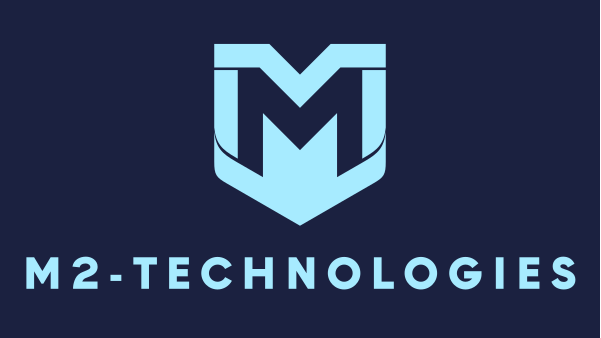Shared Responsibility Matrix
In any hosting model, it is critical to identify what party is responsible for what tasks. Responsibilities vary greatly, depending on whether you choose Platform as a Service (PaaS) or Infrastructure as a Service (IaaS). See our Shared Responsibility Matrix for IaaS and PaaS as an example of how this is broken down.

The “Pizza as a service” (credit to Albert Barron) brings it a little closer to home.

Platform as a Service (PaaS)
In the rapidly evolving digital landscape, Platform as a Service (PaaS) stands out as a pivotal solution for developers and organizations aiming to streamline application development and deployment. PaaS offers a multitude of benefits that cater to the needs of modern businesses, fostering innovation and efficiency.
Simplified Development Process
PaaS provides a comprehensive, ready-to-use environment that significantly reduces the complexity associated with application development. By offering a suite of pre-built tools and services, PaaS enables developers to focus on creating high-quality applications without worrying about the underlying infrastructure.
Cost-Effectiveness
With PaaS, the need for significant upfront investment in hardware and software is eliminated. Organizations can adopt a pay-as-you-go model, ensuring they only pay for the resources they use. This approach not only reduces costs but also alleviates the burden of maintenance and upgrades.
Scalability and Flexibility
One of the most compelling benefits of PaaS is its inherent scalability. Businesses can easily scale their applications up or down based on demand, ensuring optimal performance and cost management. Moreover, PaaS solutions are flexible, accommodating a range of programming languages and frameworks.
Enhanced Collaboration
PaaS environments facilitate better collaboration among development teams. With cloud-based tools and shared resources, teams can work together more effectively, regardless of their physical location. This collaboration can lead to faster development cycles and more innovative solutions.
Business Continuity
PaaS providers typically offer robust disaster recovery and data backup solutions, ensuring business continuity in the face of unexpected events. This level of reliability is crucial for maintaining customer trust and safeguarding critical business operations.
In conclusion, PaaS represents a transformative approach to application development, offering agility, cost savings, and a competitive edge in the market. By leveraging the power of PaaS, businesses can accelerate their digital transformation and achieve greater success in the digital economy. For more information on how PaaS can benefit your organization, reach out to us!
Infrastructure as a Service (IaaS)
In the rapidly evolving digital landscape, Infrastructure as a Service (IaaS) stands out as a revolutionary model that empowers businesses with unprecedented flexibility, scalability, and cost-efficiency. IaaS provides virtualized computing resources over the internet, offering a plethora of benefits that cater to the dynamic needs of contemporary enterprises.
Flexibility and Scalability
IaaS offers a level of flexibility that traditional IT infrastructure cannot match. With IaaS, businesses can quickly scale up or down based on demand, ensuring they only pay for what they use. This agility enables companies to respond swiftly to market changes and customer needs without the constraints of physical hardware limitations.
Cost Savings and Capital Expenditure Reduction
One of the most compelling benefits of IaaS is the significant cost savings it delivers. By eliminating the need for large upfront investments in hardware and the ongoing costs of maintenance and upgrades, IaaS transitions IT expenditure from capital to operational expenses. This shift allows businesses to allocate resources more efficiently and invest in growth and innovation.
Focus on Core Business Functions
With the IT infrastructure managed by the IaaS provider, businesses can concentrate on their core activities. This means less time and resources spent on IT management and more on strategic initiatives that drive business value and competitive advantage.
Enhanced Performance and Reliability
IaaS providers maintain state-of-the-art data centers that ensure high performance and reliability. Leveraging multiple locations, businesses can serve their customers better with reduced latency and increased uptime. The robust infrastructure also offers improved disaster recovery capabilities, providing peace of mind and business continuity.
Security and Compliance
IaaS providers invest heavily in security measures to protect their infrastructure and, by extension, their clients’ data. Compliance with industry standards and regulations is also a top priority, making it easier for businesses to meet their legal and ethical obligations without the added complexity of managing it in-house[5].
In conclusion, IaaS is not just a service; it’s a strategic tool that can transform how businesses operate and compete. By embracing IaaS, companies can unlock new opportunities, drive innovation, and position themselves for success in the digital age. Explore the possibilities of IaaS and how it can benefit your business today.
